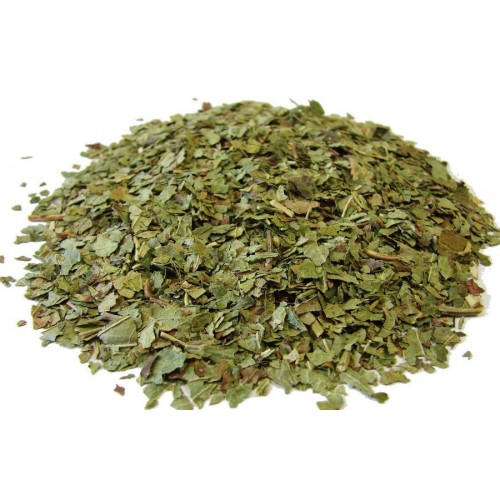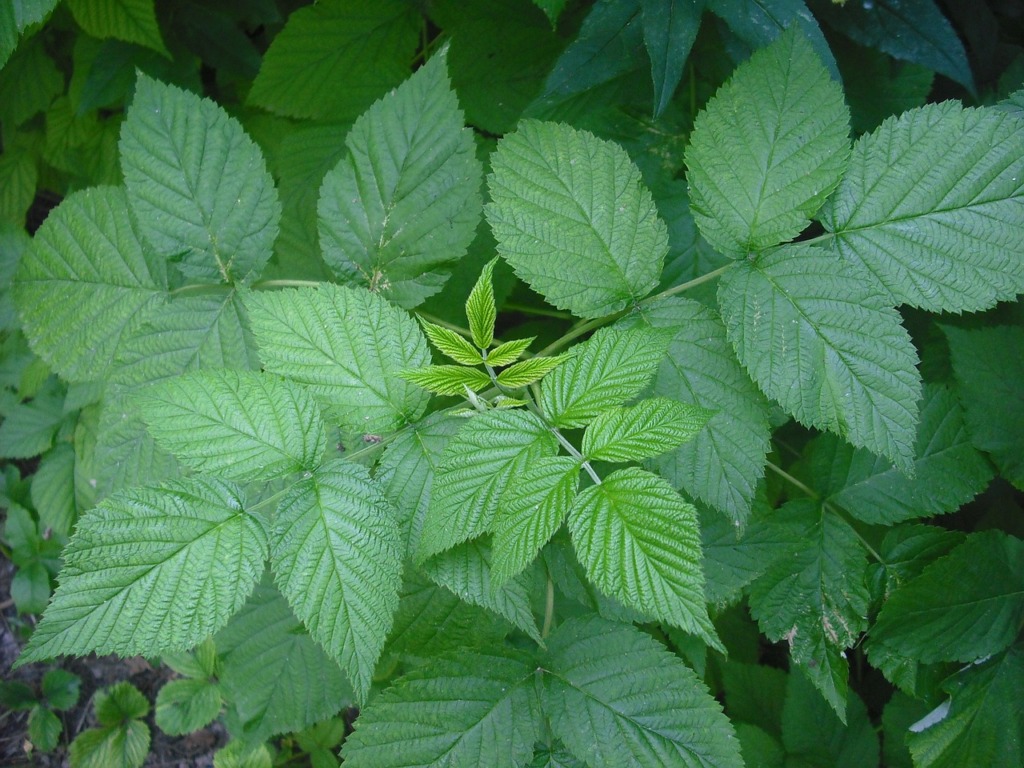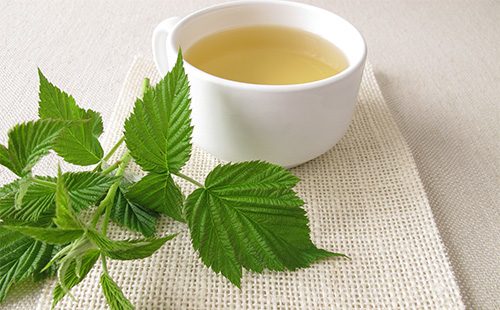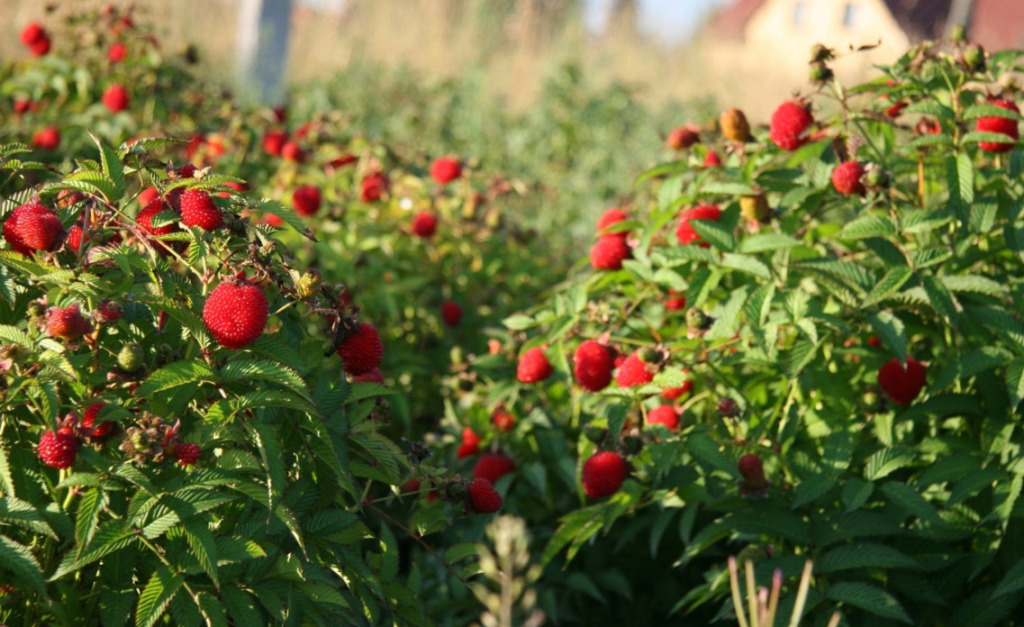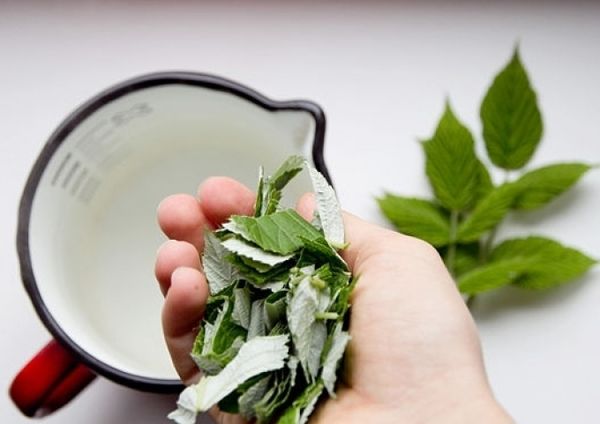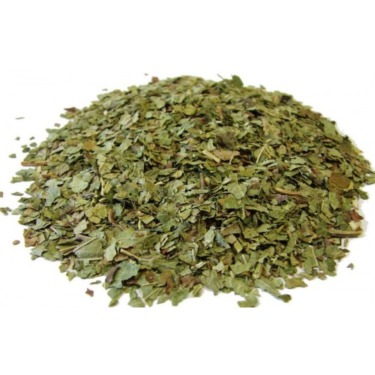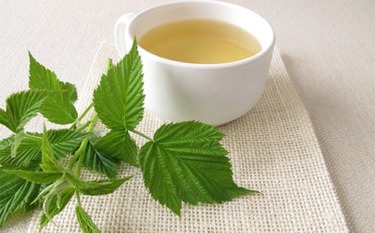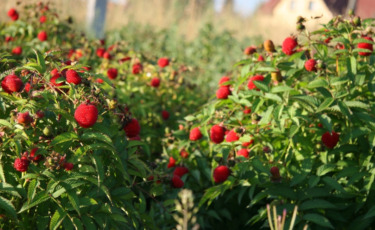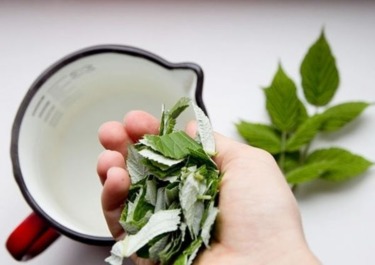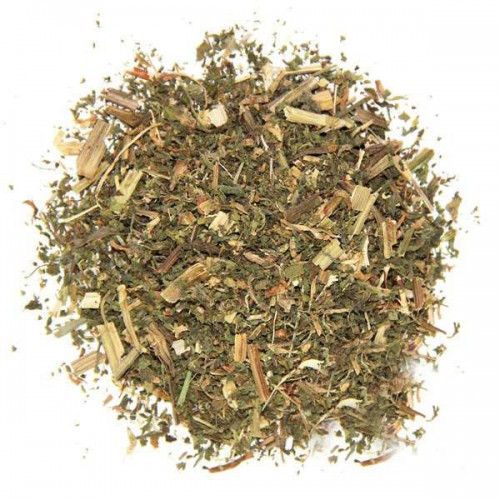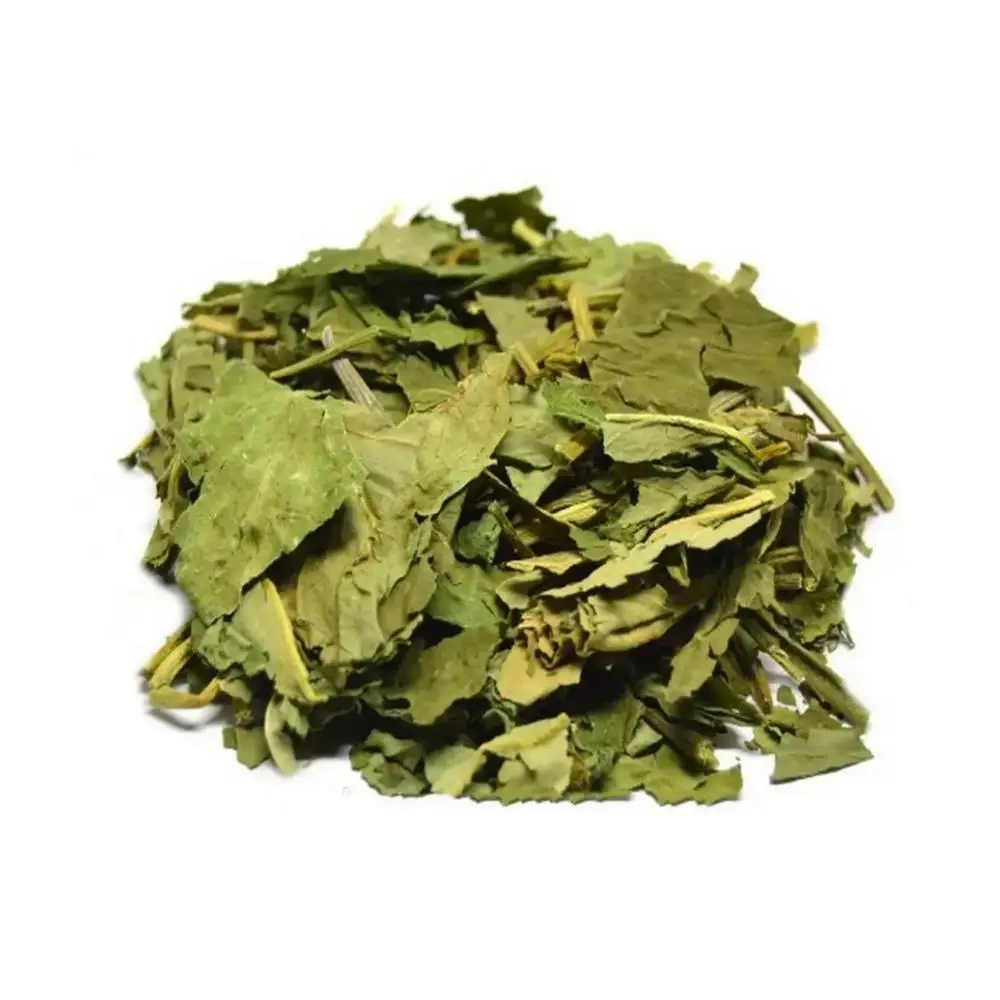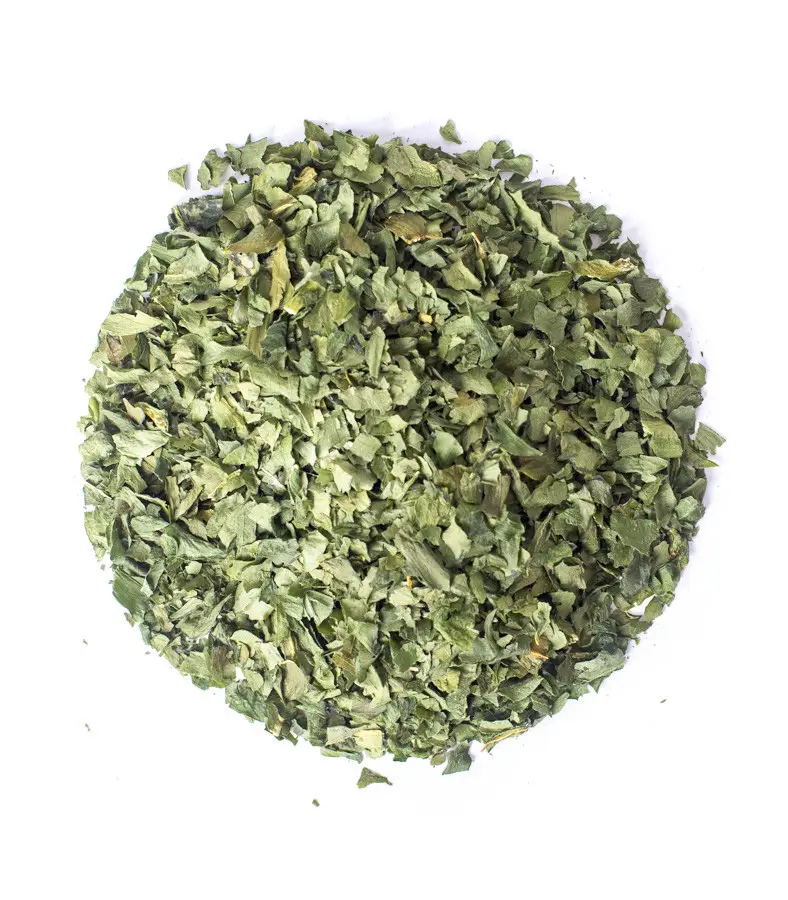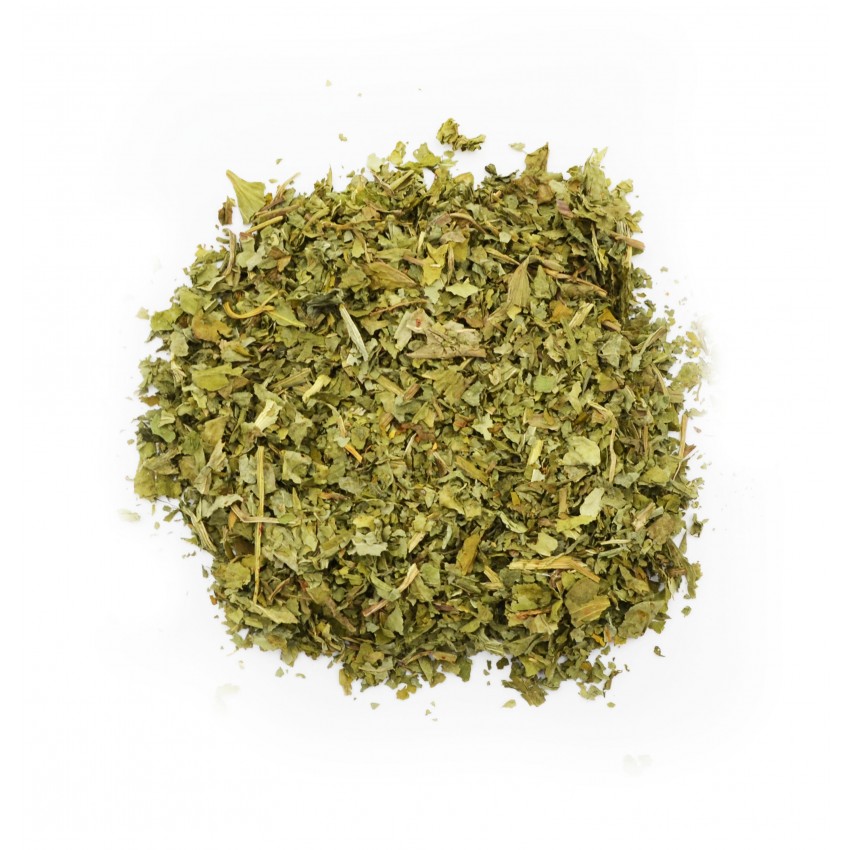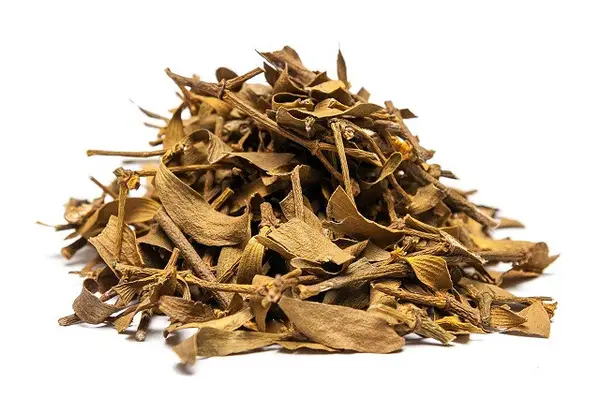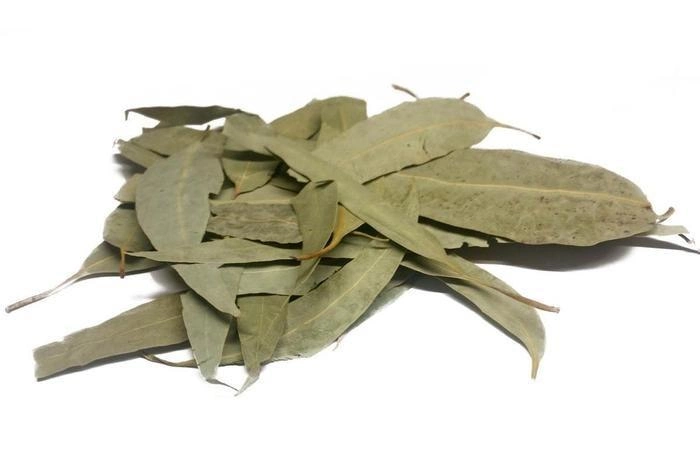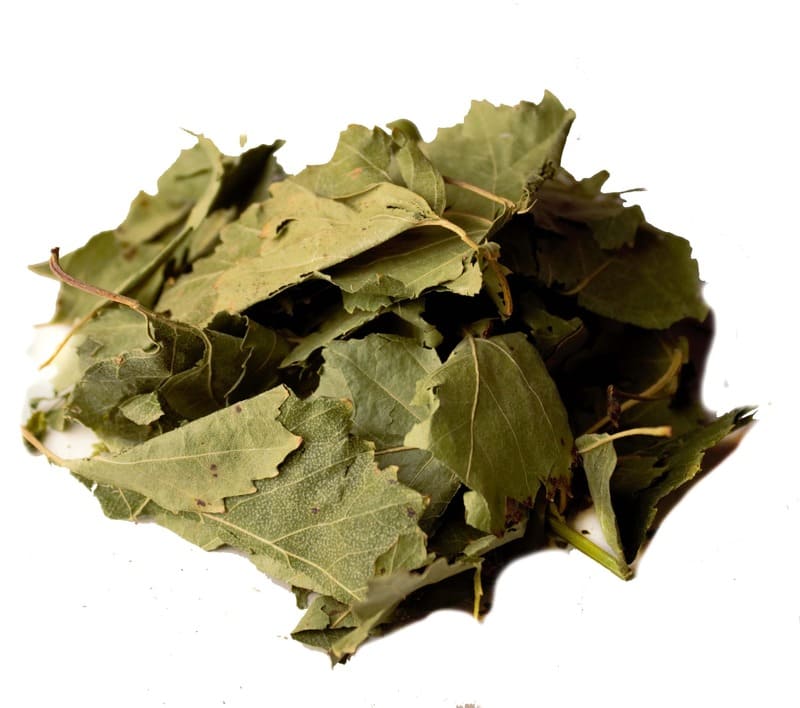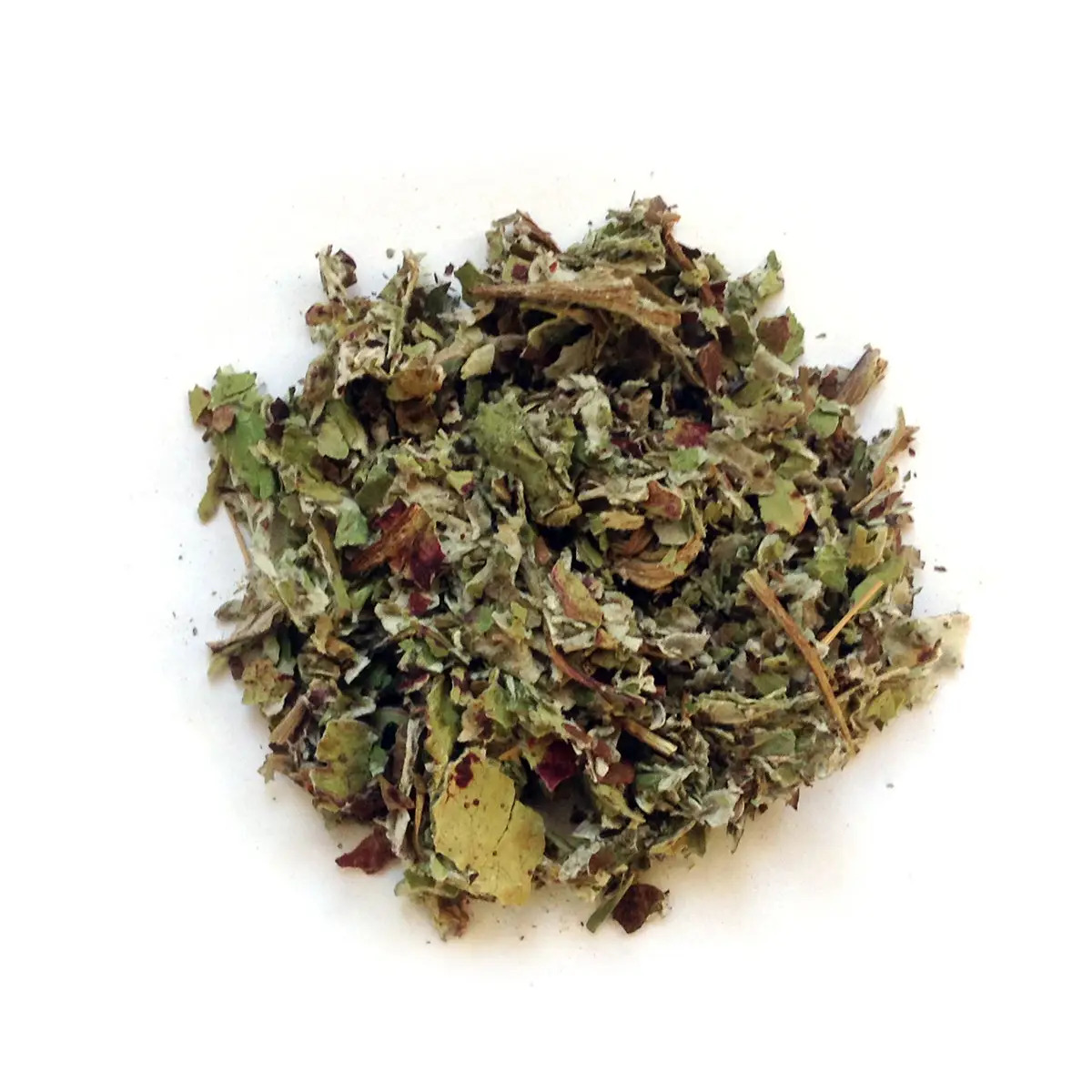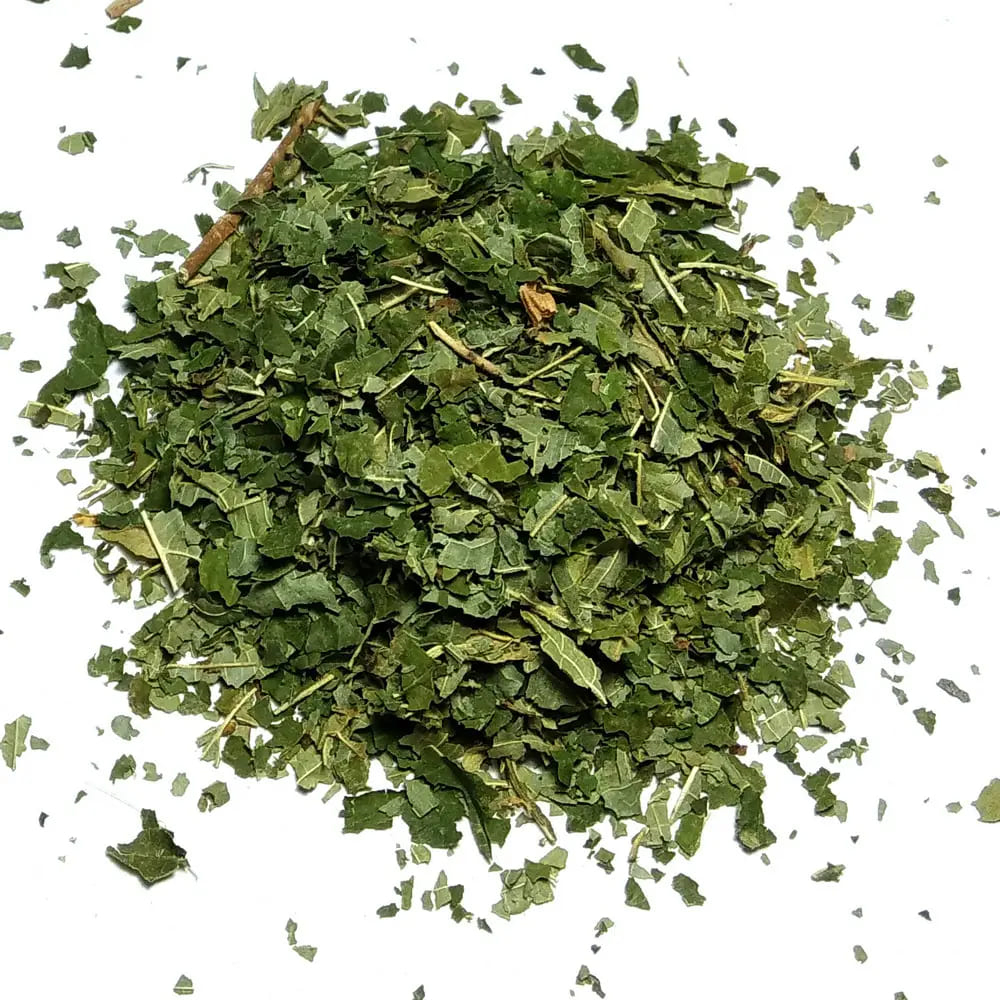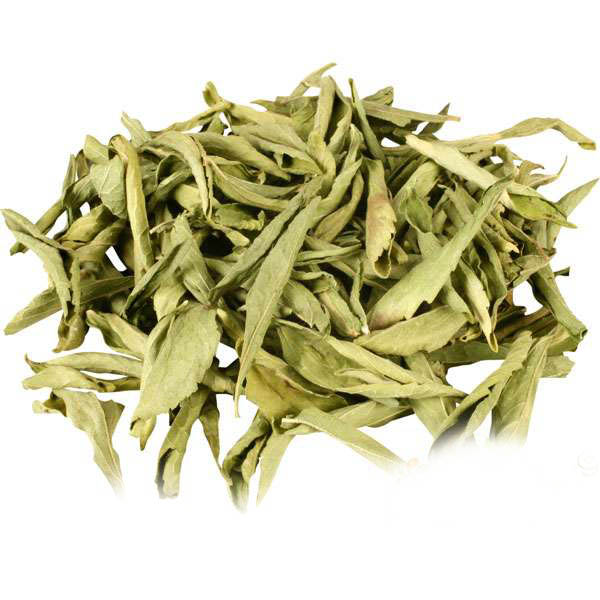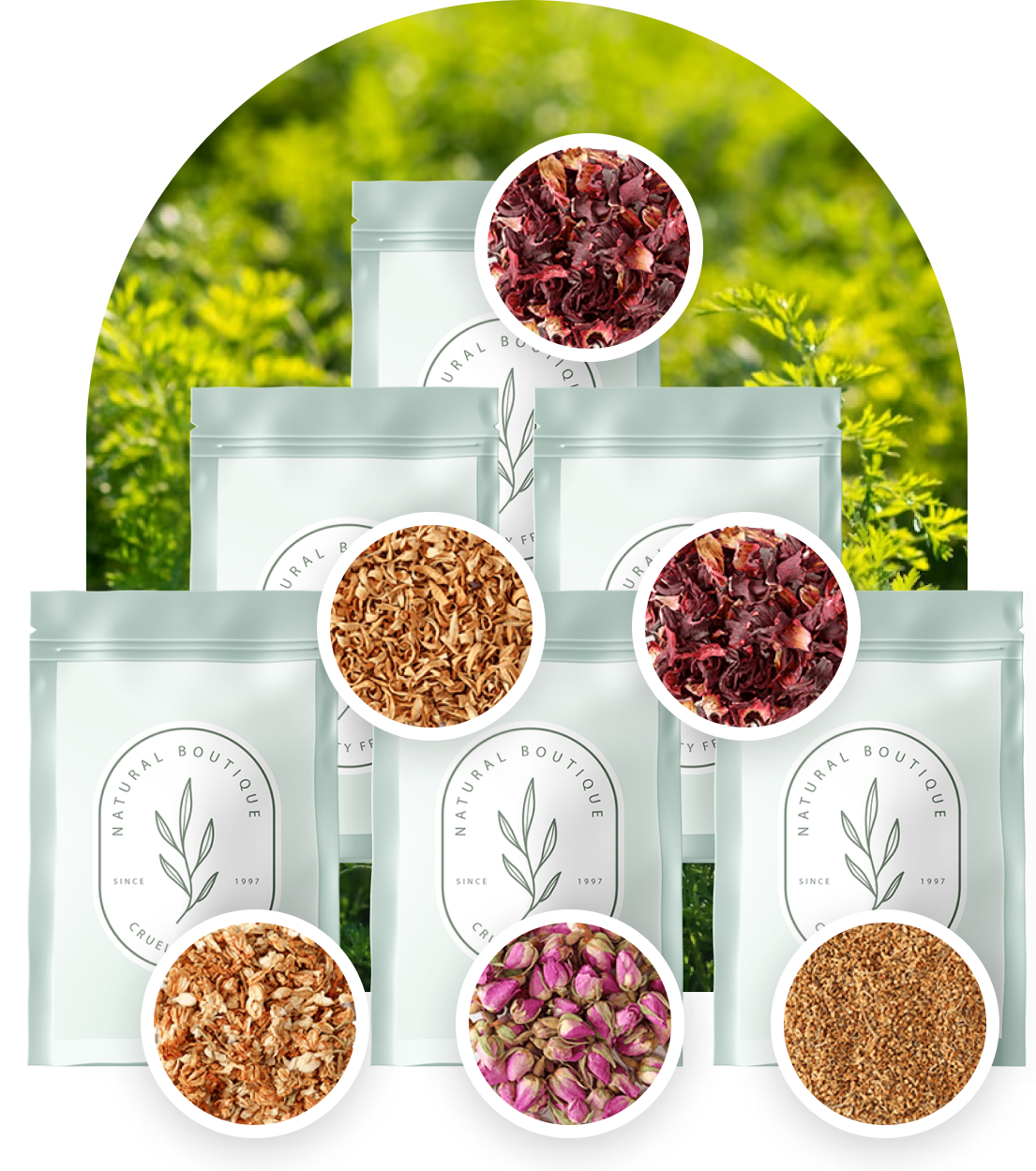Raspberry leaves have a rich biochemical composition, namely: ascorbic acid, flavonoids, organic acids, mineral salts, binding and tanning substances, salicylates.
Raspberry leaves have a strengthening, immunostimulating effect and anti-inflammatory, expectorant properties, so they are used in the treatment of colds, as an antipyretic and diaphoretic agent. The leaves also contain flavonoids, which have hemostatic properties. In addition, this product contains a lot of copper, which helps fight nervous tension.
The leaves have an anti-toxic effect, which removes waste and toxins from the body and is used in the treatment of hemorrhoids, gastric bleeding, colitis and enterocolitis. Astringent properties help with indigestion and diarrhea.
A decoction of leaves helps to get rid of stomatitis, inflammatory processes on the gums and many women’s diseases. It is also used as a strengthening agent for hair.
Fresh raspberry leaves are used as a face mask that saves from acne and inflammation on the face. A decoction of leaves is washed to prevent acne and abscesses. Ointments based on raspberry leaves are used in the treatment of various skin diseases: eczema, psoriasis, skin rashes. Alcoholic infusion of raspberry leaves is an excellent remedy for insect bites, lotions relieve swelling, itching and redness.
A decoction of raspberry leaves has an astringent property, so it is better not to use it with constipation. Pregnant women should also avoid using the decoction.
